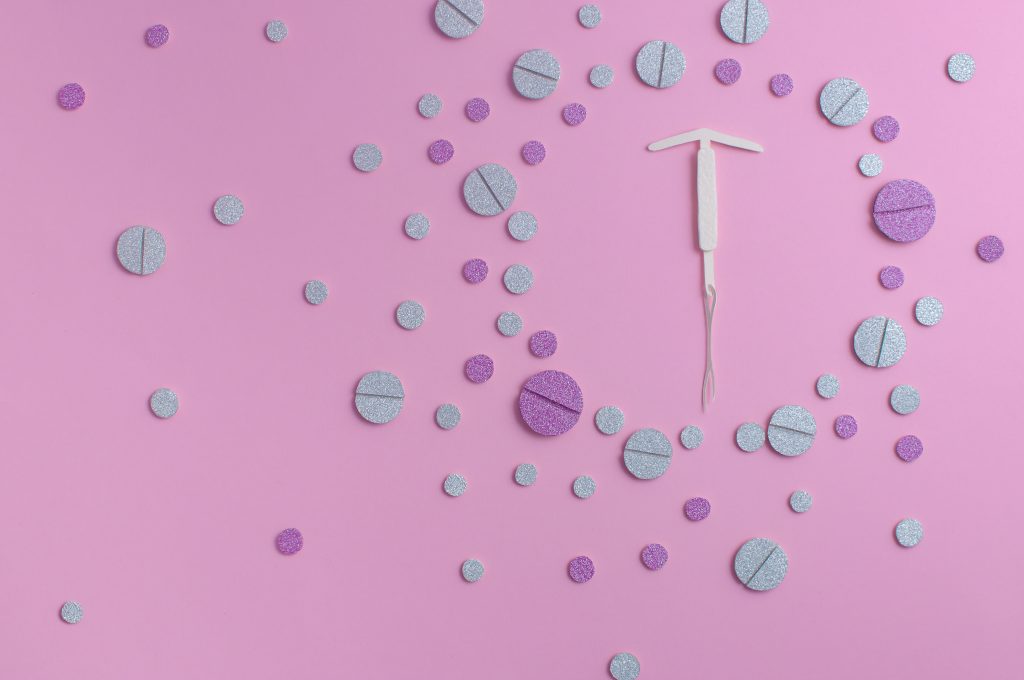25 April 2021
What about an intrauterine device (IUD) for contraception?

(IUDs have also been known as IUCD- intrauterine contraceptive device)
What is an IUD?
An IUD is a small T-shaped contraceptive device that sits inside the uterus. There are 2 types, the first is a hormone-based where progestogen is contained within a cylinder that forms the stem of the device. The second is non-hormone-based, where copper is wrapped around the stem of the device.
How does it work?
IUDs work by thickening cervical mucous to reduce sperm movement and survival and it makes the uterine lining (endometrium) inhospitable to a fertilized egg.
Is it an effective contraception?
IUDs are at least 99% effective.
Who can be considered for an IUD?
- Any woman who wants a reliable effective form of long term contraception, including any woman who has not been pregnant before
- Any woman at low risk of contracting a sexually transmitted infection (STI)
- Breastfeeding women
Who cannot use an IUD?
- Pregnant women
- Women with current undiagnosed vaginal bleeding
- Women with current pelvic inflammatory disease (PID) or STI
What are the advantages of both the hormonal and copper IUD?
- Long acting device (5 years)
- Set and forget
- Reliable and effective
- Cheaper than other forms of contraception in the long run
- Reversible – once removed, you can try to conceive a baby
- For the hormonal IUD, it reduces the volume of menstrual bleeding, so it’s helpful for those with heavy menstrual bleeding. In some cases, it can stop your period completely.
What are the disadvantages?
- It does not protect against STIs or PID
- Insertion of the IUD requires a minor procedure that can be uncomfortable
- During insertion, there is a small risk of perforation of the uterus, embedment into the uterus and infection
- It is very rare risk that pregnancy, or ectopic pregnancy can occur if the IUD fails
- For the hormonal IUD, there is a period of 3-6 months where there may be irregular spotting or bleeding before everything settles down. It may also cause bloating, headache, reduced mood, acne, reduced libido.
- For the copper IUD, it may cause heavier and more painful periods
For a more detailed discussion of IUD, please make an appointment to see Dr. Kua or talk to your doctor.
References:
The Women’s, The Royal Women’s Hospital, Victoria, Australia, 2021, Intrauterine Device (IUD), The Women’s, The Royal Women’s Hospital, Victoria, Australia, viewed 5 April2021, <https://www.thewomens.org.au/health-information/contraception/intra-uterine-device-iud>
Family Planning NSW, 2021, Hormonal IUD, Family Planning NSW, viewed 5 April 2021, <https://www.fpnsw.org.au/factsheets/individuals/contraception/hormonal-iud>
Family Planning NSW,2021, Copper IUD, Family Planning NSW, viewed 5 April 2021, < https://www.fpnsw.org.au/health-information/individuals/contraception/copper-iud>

